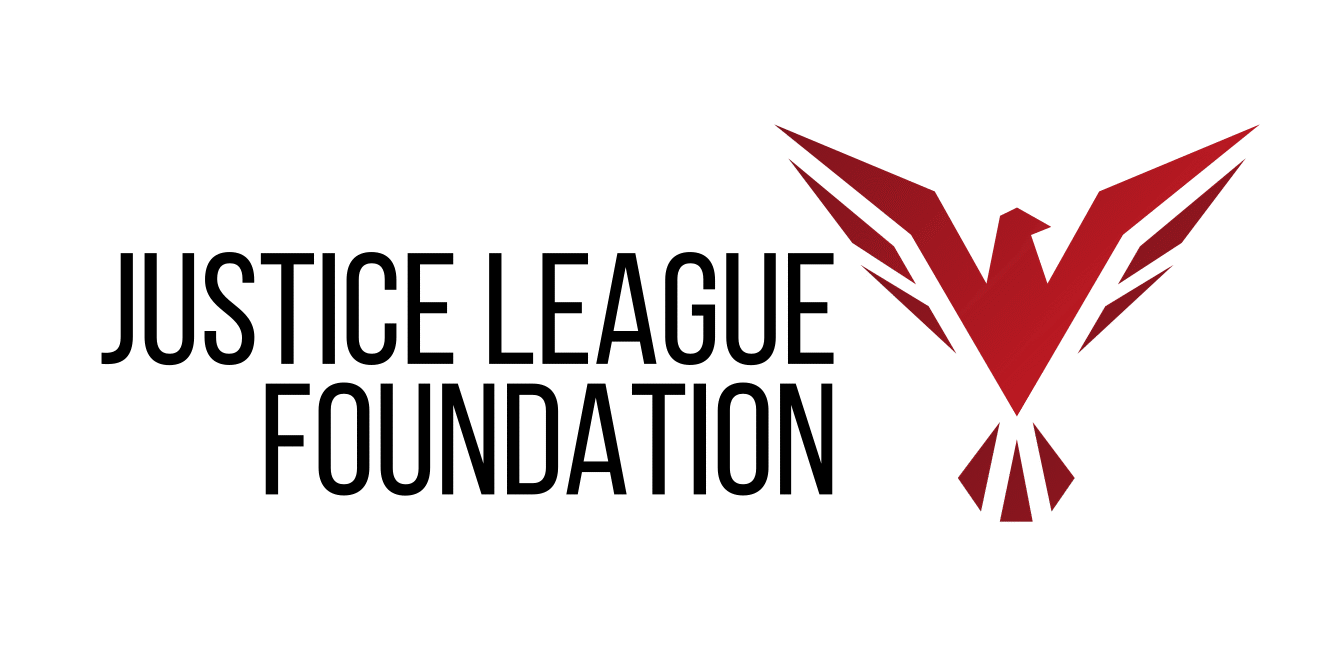SC Judgments That Shaped Juvenile Justice
At Justice League Foundation, we believe that every child deserves a nurturing environment that protects their rights and promotes their growth, even when they come into conflict with the law.
The juvenile justice system is not merely about penalizing young offenders: it is about rehabilitation, compassion, and giving children a second chance at life.
Over the years, the Supreme Court of India has played a pivotal role in shaping a child-centric approach to juvenile justice, safeguarding the rights and dignity of young people.
Here’s a look at some of the most significant judgments that have shaped the juvenile justice landscape in India:
1. Sheela Barse v. Union of India (1986): Safeguarding Rights in Custody
This case was a turning point in ensuring the humane treatment of children in detention. Activist Sheela Barse filed a petition after witnessing the poor treatment of children in police custody.
The Supreme Court directed state governments to set up juvenile homes and emphasized that children must not be kept in police lock-ups or jails with adult offenders.
Impact:
- Initiated systemic reforms in how children in conflict with the law were housed.
- Laid the groundwork for separating juvenile offenders from the adult criminal justice system.
2. Salil Bali v. Union of India (2013): Defending the Age of Juvenility
When public discourse questioned whether juveniles involved in heinous crimes should be tried as adults, the Supreme Court in this case upheld the Juvenile Justice Act’s stance: anyone below the age of 18 is a juvenile and must be treated accordingly, irrespective of the crime.
Impact:
- Reinforced the principle of reformation over retribution.
- Stressed the need for rehabilitation of young offenders instead of harsh punishment.
3. Jabalpur Juvenile Home Case (2011): Exposing Inhuman Conditions
In this case, the Supreme Court took suo moto cognizance of the horrific abuse and poor living conditions in a juvenile home in Jabalpur. The Court ordered an inquiry and called for urgent reforms in the management of such institutions.
Impact:
- Highlighted the need for accountability in child care institutions.
- Urged the government to ensure safety, dignity, and well-being of children in state custody.
4. Hari Ram v. State of Rajasthan (2009): Clarifying the Law’s Scope
This judgment clarified that even if a person is arrested after turning 18, if they were a juvenile at the time of the alleged offense, they would be tried under the Juvenile Justice Act.
Impact:
- Brought much-needed clarity to the definition of a juvenile.
- Ensured that the protective provisions of juvenile law are applied consistently.
5. Shilpa Mittal v. State of NCT of Delhi (2020): Classifying Heinous and Serious Offences
This case resolved confusion about offenses where the minimum sentence was less than seven years but the maximum exceeded it. The Court held that such offenses should be treated as “serious” and not “heinous,” ensuring juveniles were not subjected to harsher trials meant for serious crimes.
Impact:
- Clarified how offenses should be categorized under the Juvenile Justice Act.
- Protected juveniles from facing adult judicial procedures unnecessarily.
The Larger Picture: Justice with Compassion
These judgments reflect India’s constitutional and moral commitment to uphold the dignity of every child, no matter their circumstances. The Juvenile Justice (Care and Protection of Children) Act, 2015, and its subsequent amendments, along with these landmark rulings, create a legal framework that balances accountability with empathy.
But laws and judgments alone are not enough.
It is up to each of us—as citizens, caregivers, teachers, law enforcers, and organizations like Aaroha Foundation—to ensure that these children are treated with kindness, provided opportunities for education and rehabilitation, and given a real chance to rebuild their lives.
A Call to Action: Rehabilitate, Don’t Punish
At Justice League Foundation, we work to spread awareness of child rights and build systems of support for vulnerable children.
We invite you to:
✔ Advocate for child-friendly judicial processes.
✔ Support community rehabilitation programs.
✔ Educate others about the importance of safeguarding children’s rights.
✔ Volunteer with NGOs working in juvenile rehabilitation and child protection.
Let’s build a future where every child—no matter their past—has the opportunity to dream, grow, and thrive.
Together, we can turn justice into hope and laws into compassion.
